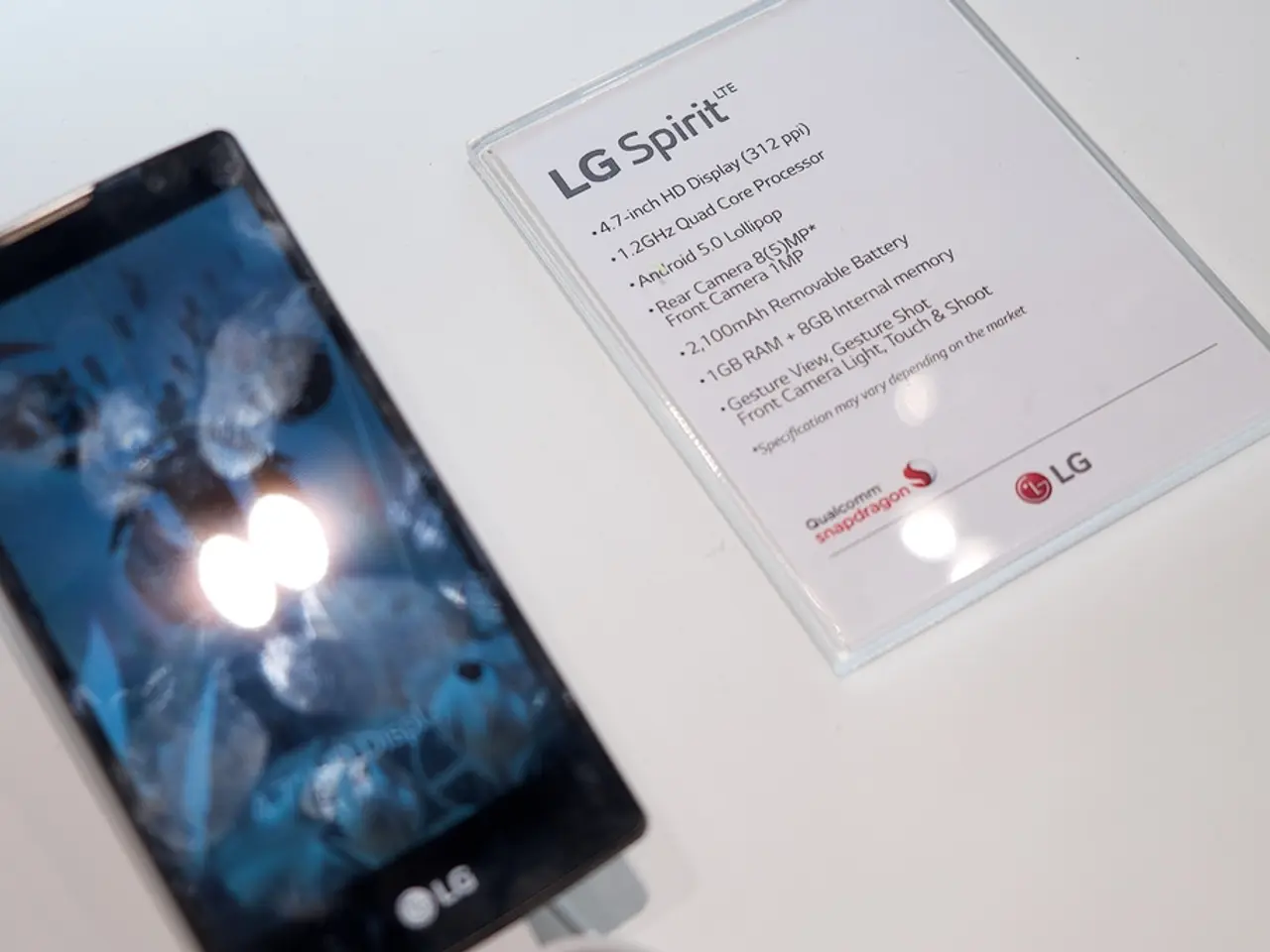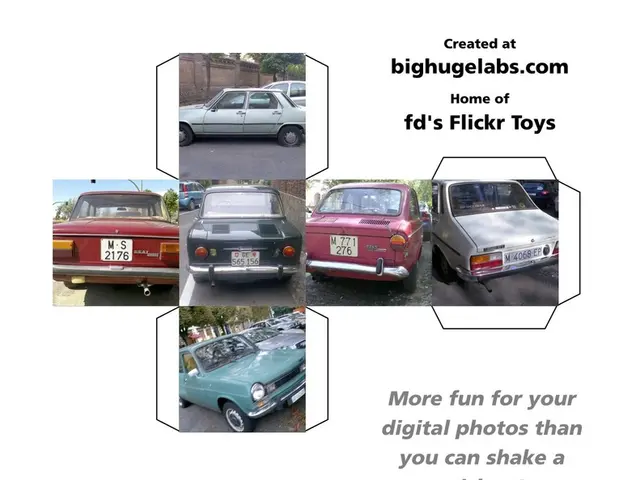Smart Sensor Technology Advancements: Business-focused Insights on the Future of Intelligent Devices
In the modern world, customers value transparency when it comes to their personal information. This expectation is driving businesses to rethink their strategies, especially with the advent of smart sensor technology.
Smart sensors, small devices that collect data on various aspects of a business, are being embraced across industries for applications such as inventory management and enhancing customer experiences. For instance, in the retail sector, these sensors are used to monitor foot traffic and track customer behaviors, providing valuable insights that can help retailers personalize marketing campaigns and boost sales.
One local coffee shop has harnessed this technology to optimize staff schedules and adjust the menu based on peak hours and customer preferences. This level of personalization, enabled by smart sensors, is key to cultivating customer loyalty.
But with this increased use of smart sensors comes data security and privacy concerns. Businesses must navigate these issues carefully, ensuring they maintain essential trust with their customers while also complying with regulations.
Smart sensors also foster an atmosphere where customers feel valued and understood. By diligently collecting data on customer behavior, businesses can refine product placements and promotions, creating relationships that transcend basic transactions.
The power to collect data through smart sensors enables smarter decision-making in businesses. For example, knowing peak business hours allows for smarter workforce management, reducing costs and improving efficiency. Accurate inventory management, another benefit of smart sensors, also reduces waste and cuts costs.
However, the transition to new technologies can be daunting, especially for small businesses. But the long-term advantages often outweigh the challenges. Smart sensors create relationships that foster customer loyalty, improve operational efficiency, and enhance workplace safety by monitoring hazardous conditions and detecting potential dangers.
Moreover, those who adopt smart sensor technology will likely put themselves ahead of the competition. By refining their operations, improving customer experiences, and making smarter decisions, businesses can set themselves up for success in the digital age.
In conclusion, smart sensors represent a significant step forward in the world of business. Their potential for augmenting efficiency, safety, and customer experiences is vast, making them an essential tool for any forward-thinking company.
Read also:
- Reporter of Silenced Torment or Individual Recording Suppressed Agony
- EPA Administrator Zeldin travels to Iowa, reveals fresh EPA DEF guidelines, attends State Fair, commemorates One Big Beautiful Bill
- Musk announces intention to sue Apple for overlooking X and Grok in the top app listings
- Portugal's EDP dives into bi-directional charging systems, disregarding the absence of a comprehensive regulatory structure in the nation







